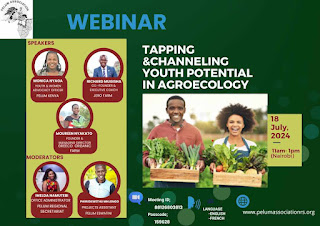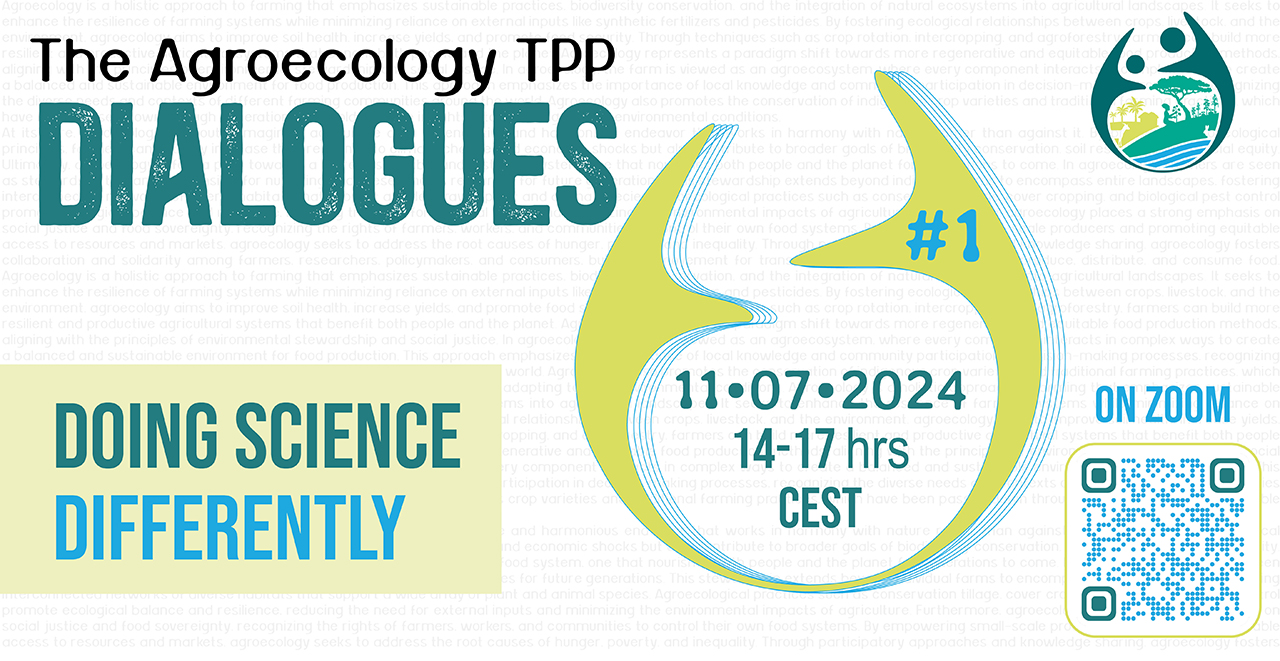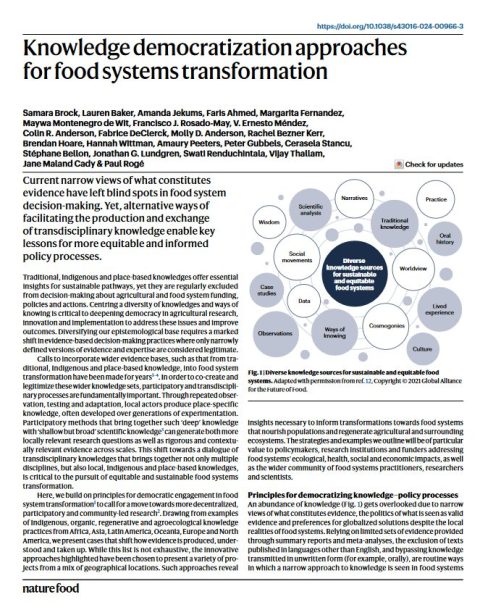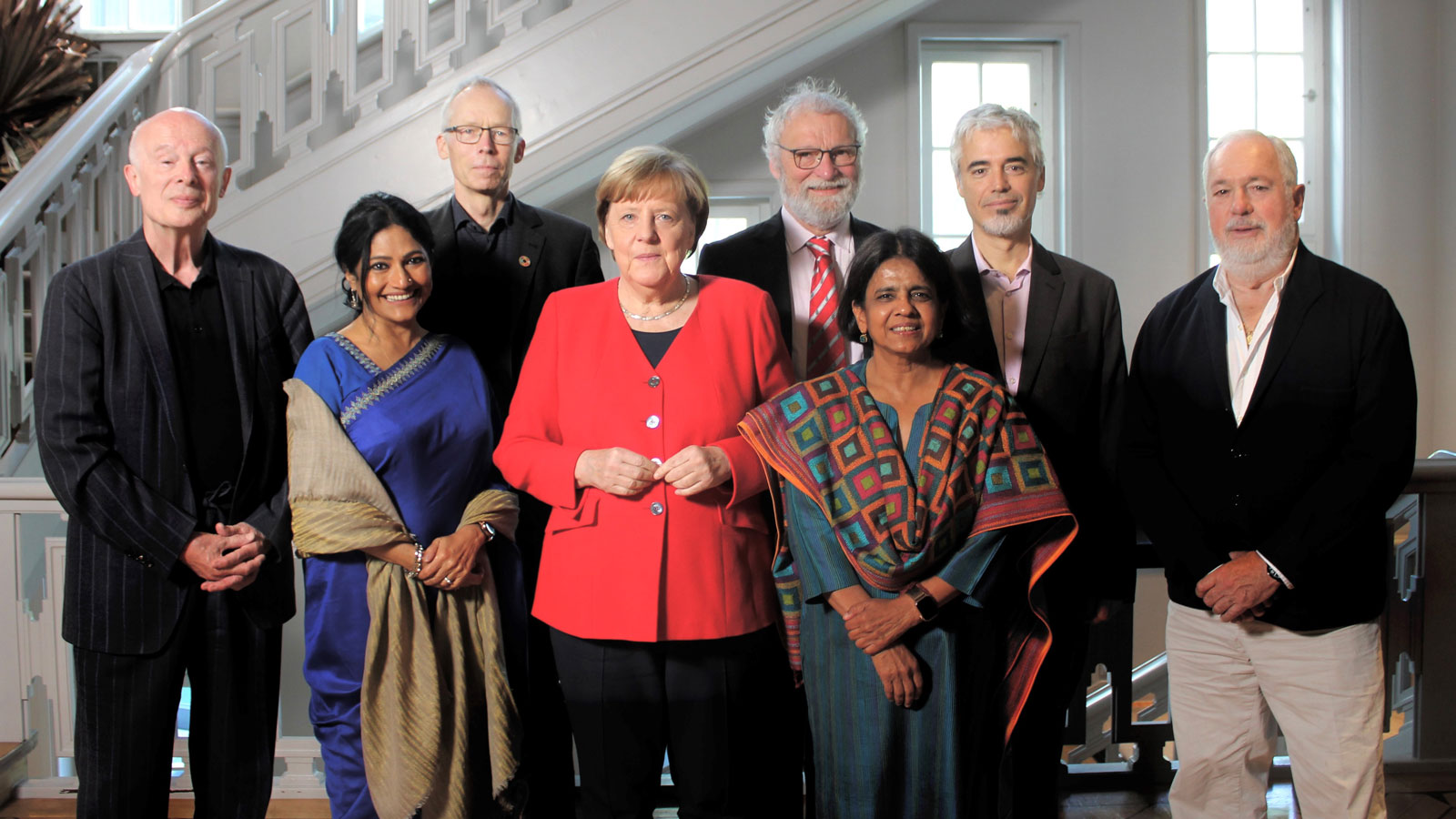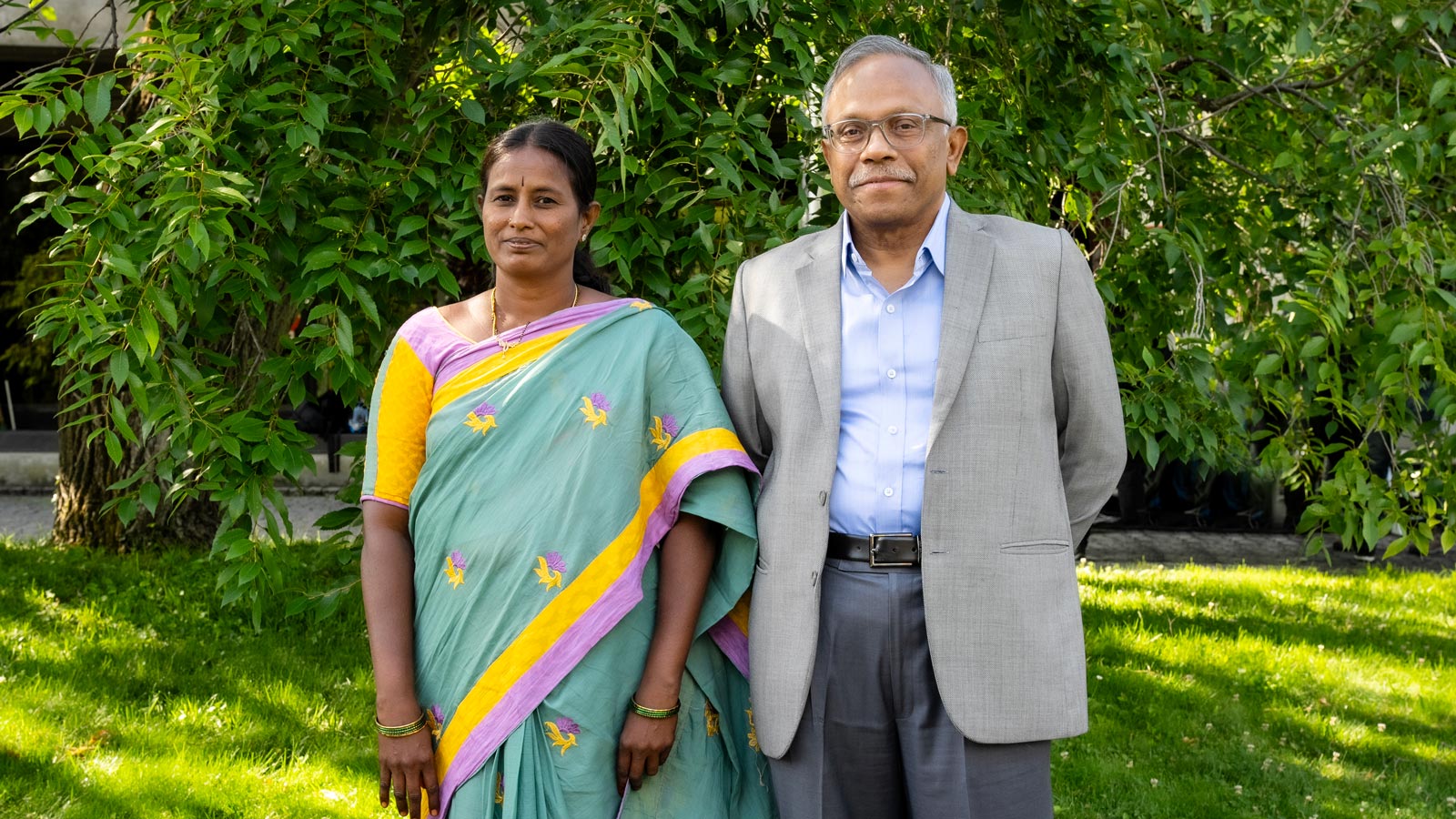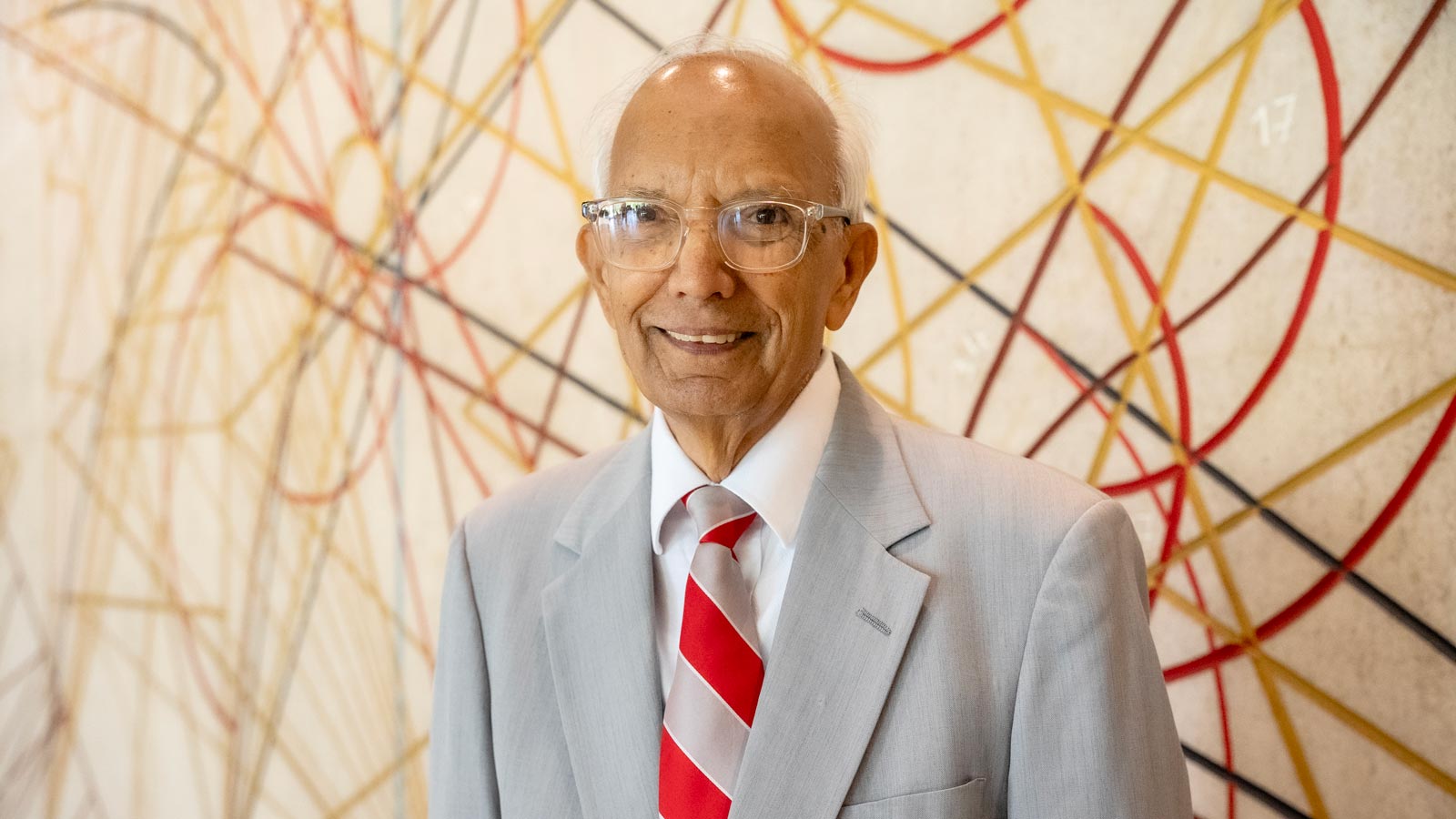- CGIAR Research and Innovation StrategyAll consultations will be 90 minutes and will begin at 2PM CEST, unless otherwise noted.
- Thursday, 01 August: Genebanks
- Monday, 05 August: Sustainable Animal and Aquatic Foods Program
- Tuesday, 06 August: Future Food Frontiers & Security Program
- Wednesday, 07 August: Digital Transformations Accelerator
- 32nd International Conference of Agricultural Economists
- by AFSA
13 - 13 August 2024. Crawford Fund Conference - Nurturing global change from Australia: Fostering agricultural innovation for worldwide food security, Australia
13 August 2024. Nairobi, Kenya Africa Fresh Produce Expo co-located with Africa FarmTech Expo
- The African Academy of Sciences (AAS) in Nairobi, Kenya.
- by CONCORD
- Meeting ID: 849 1548 4346
- Passcode: 518761
- #FARA, @AGRA_Africa & @YPARD, in collaboration with @ccardesa_sadc
- by The International People’s Agroecology Movements, IPAM
- part of the series “The Future is Now: Resilience and Sovereignty through People-led Agroecology”.
- Experiences from: Philippines, Laos, Pakistan
- Bridging Borders: Water for a Peaceful and Sustainable Future
- An inclusive meeting place to foster collaboration, inspire innovation, and accelerate water action.
- The main objective of this dialogue is to provide a platform for relevant stakeholders to interrogate the evolving trade policy landscape specifically the European Union (EU) Directives and their implications on Africa/Uganda’s coffee sector
- FARA and AGRA have been driving efforts towards strengthening regional and national level youth actors within the climate change and food systems efforts in recent times through various projects and initiatives. FARA and AGRA have developed and run various continental youth convening with the Young Professionals for Agricultural Research and Development (YPARD) and other continental youth networks.
- With this project, FARA in collaboration with AGRA seeks to identify income opportunities and at the same time support in providing innovative opportunities amid climate change for the youth to be able to create jobs and generate income. This calls for partnership with the sub-regional AR4D organizations, youth and youth climate networks across the 11 focal countries of AGRA.
- The main objective is to support the implementation of youth-friendly climate policies and to develop the capacity of the youth to boost climate adaptation and mitigation capacities, contributing to building sustainable and climate-resilient farming systems as well as identify job opportunities for the youth.
- Implementation of the AFSH Action Plan and Soil Initiatives for Africa: Practical Next Steps
- Hosted by: The Coalition of Implementors for Fertilizers and Soil Health (APNI, FARA, IFDC, IITA), AGRA, and the Joint Development Statement Partners
- The focus of this Congress "Agroecologies of the World, United to face the global crises" is the sharing of agroecological experiences and collective responses to challenge the dominance of large markets and agribusiness.
- With the vision that agroecology is a collective endeavour and that its leading role must be given back to people and communities, the Congress involves actors from the social, agricultural, technical, scientific and academic sectors, as well as politicians and social movements.
- Sustainable”, “organic”, “agroecological”, “nature-based”, “regenerative” are increasingly being discussed in the context of food systems.
- What are the differences and synergies between these concepts and frameworks, and how can they contribute to transforming our food systems?
- Register here and join the discussion at our upcoming webinar "Agroecology, Organic, Regenerative, Nature-based: a conversation on food systems sustainability framings" 8 to 12 of September 2024. Rimini, Italy. 22nd IUFoST World Congress 2024 of Food Science and Technology.
- Co-organized by IFPRI, CGIAR, Germany’s Federal Ministry for Economic Cooperation and Development (BMZ), and Africa Network of Agricultural Policy Research Institutes (ANAPRI)
- The call for papers and preliminary conference information is available at: https://www.tropentag.de
- For detailed information (including workshops and photo competition) please consult the call text at: https://www.tropentag.de/conference/call_tt24.pdf
- submit high quality abstracts of original research (250-350 words, English language) via the online form at: https://www.tropentag.de/submission/index.php (available from 25 March onwards). The deadline for abstract submission is May 3, 2024.
- hosted by the Eduardo Mondlane University (EMU) in Maputo, Mozambique,
- under the theme, ‘Crop research and innovation for agricultural transformation, resilience and inclusion’, the Maputo meeting will also provide a platform for sharing and discussing research results that bring solutions towards enhancing agricultural development in Africa.
22–23 September 2024, New York, USA. UN | Summit of the Future
25 – 28 September 2024. Global Symposium on Soil Information and Data
Join us in Nanjing, China
26 September 2024.Innovative systems for sustainable technology development, and uptake or adoption of Sustainable Agricultural Mechanization in Africa
- Lead by FARA and contributions by China Agricultural University (Li Hongwen), Murdoch University Bangladesh (Enamul Haque); CORAF, and the African Forum for Agricultural Advisory Services (AFAAS).
- The Webinars and Discussion Forums are being organized by the interim F-SAMA steering committee,comprised of AUC, FAO &ACT Network: For more information, contact: • F-SAMA - AfricaMechanize Secretariat; Email: info@africamechanize.org
- Organized by Slow Food, the Piedmont region and the city of Torino, Terra Madre is the largest international gathering dedicated to food politics, agroecology and the environment.
- This global gathering will attract more than 3,000 Slow Food delegates from over 160 countries and another 300,000 attendees who will gather around the theme Our Place in Nature
- Organised by the African Nutrition Society and Ghana Academy of Nutrition and Dietetics
- Submission of abstracts: 1st March – 31st May, 2024
- “Agroecology Day for All” in Lausanne on 5 October 2024
- The technical sessions at the Forum will be organized around three critical themes: Biotechnologies: Exploring the latest advancements and applications in biotechnology to enhance agricultural productivity, resilience, and sustainability
- Community-Driven Innovations: Highlighting grassroots innovations and community-led initiatives that drive local and regional agrifood systems transformation.
- Digital Agriculture: Examining the role of digital technologies, such as precision farming, Internet of Things, and Artificial Intelligence, in revolutionizing agricultural practices and improving supply chain efficiencies.
- Organized around three pillars - Global Youth Action, Science and Innovation and Hand-in-Hand Investment - the 2024 flagship event leverages the power of intergenerational collaboration, as well as partnerships and action across policy, science, innovation, education, culture and investment.
- This year, the event will also host the 2024 edition of the annual World Food Day and the High-Level Rome Water Dialogue on WASAG - The Global Framework on Water Scarcity in Agriculture, as well as the Global Family Farming Forum, ensuring even more inclusivity, dialogues and solutions for the present and future of our agrifood systems.
- This summit is aimed at showcasing diverse solutions from African Youth to demonstrate practical ways of achieving improved livelihoods and sustainable food systems in a climate crisis.
- Thousand African Youth Summit on Food Systems and Agroecology 2024 is explicitly designed to be a “Summit of Solutions”.
- This emphasis on solutions is driven by the understanding that mere discussions and identification of challenges are insufficient to drive meaningful change.
- The summit aims to go beyond rhetoric by actively seeking innovative ideas, practical recommendations, and actionable plans to address the complex issues facing African food systems.
- 23rd-24th October: Pre-register for the Global Bioeconomy Summit (GBS), a global & inclusive Summit bringing together bioeconomy experts to discuss sustainable solutions to global challenges. Register here.
- This congress will be a time to update on the main debates that are being held in the region for the advancement of Agroecology in the territories.
- Introductory remarks by PAFO. Panel: ROPPA/EAFF; PASAE; University of Nairobi; CSIR-CRI Ghana; and Director of Mechanization, Nigeria.
- The Webinars and Discussion Forums are being organized by the interim F-SAMA steering committee,comprised of AUC, FAO &ACT Network: For more information, contact: • F-SAMA - AfricaMechanize Secretariat; Email: info@africamechanize.org
4–8 November 2024. Lisbon, TROPICAL SUMMIT - Foreseeing Answers to Global Challenges
20 November 2024. 1:30 to 5:30 pm. Soil quality – Towards an indicator system for public policy - Restitution conference
26-28 November 2024 in Dakar, Senegal. ANAPRI Stakeholders Conference scheduled
25-28 November 2024. Kigali, Rwanda. SUN Movement Global Gathering 2024
- The SUN Movement Global Gathering is the Movement’s flagship event and one of the largest international gatherings within the nutrition community.
- This hybrid conference will provide an opportunity to explore the latest innovations in the agri-food systems within the UK and beyond (Africa and Asia); showcase the success of its funded research projects, present the latest knowledge exchange initiatives of its expert working groups and provide networking opportunities for leading food researchers and industry experts.
- Annual Summary Paper to be prepared by AfricaMechanize Secretariat.
- Presented by ACT iSAMAP Chair.
- The Webinars and Discussion Forums are being organized by the interim F-SAMA steering committee,comprised of AUC, FAO &ACT Network: For more information, contact: • F-SAMA - AfricaMechanize Secretariat; Email: info@africamechanize.org
8 - 11 December 2024. The AAS 15th General Assembly & Scientific Conference, themed "Empowering and Advancing Africa’s Scientific Enterprise,"
25 February - 1 March 2025. Corvallis, Oregon. Organic Seed Alliance conference
- to be held Hydrid: In-person and virtual.
- Call for 2025 Conference proposals is open until July 19 and is available at this link

